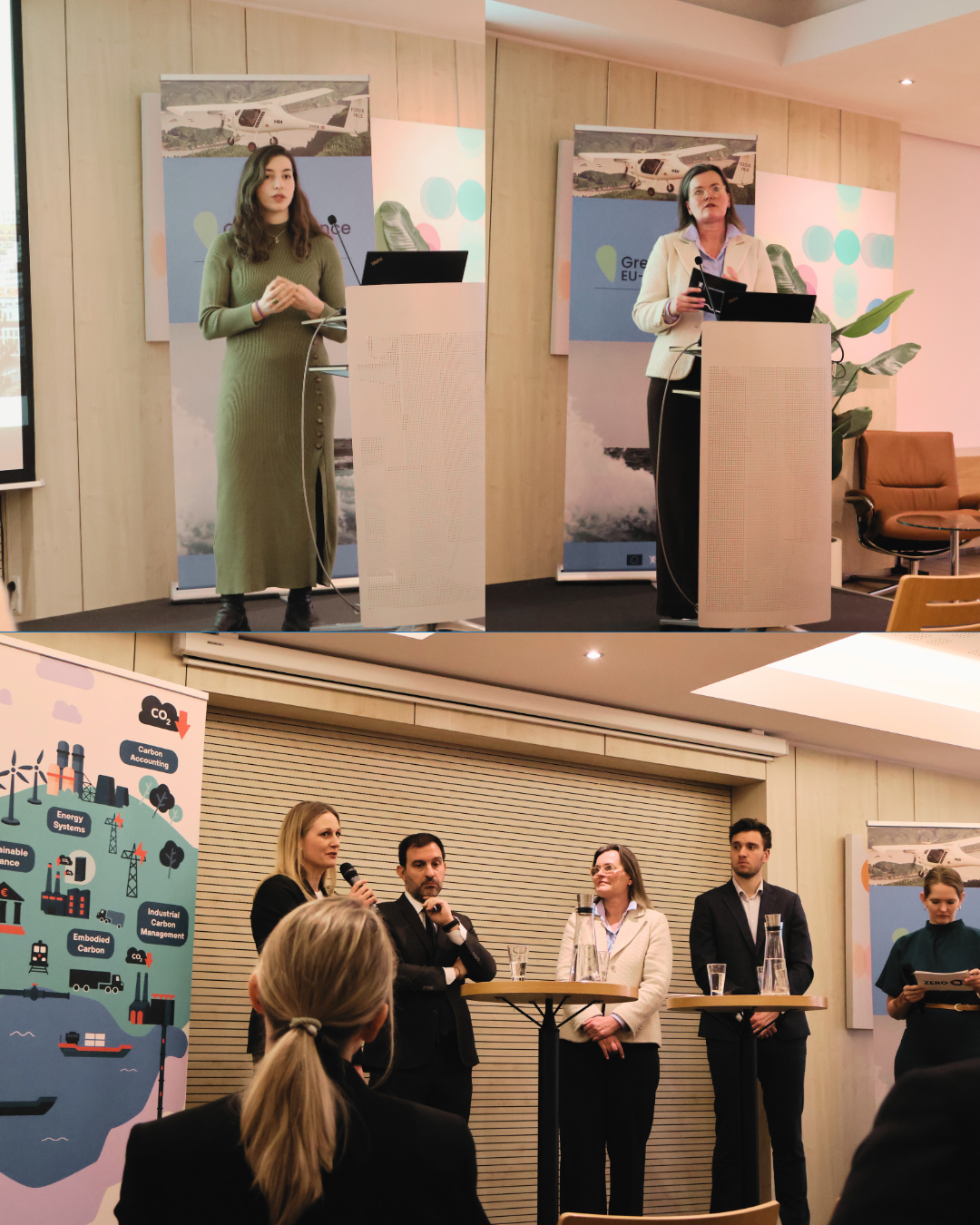
Joint letter – ICC reform and expansion risks diverting ETS Revenues from real climate action
In light of the European Commission’s ongoing considerations to amend the ETS State Aid Guidelines, revising the rules for Indirec...
News
With last week’s announcement of new rules for sustainable aviation, Bellona did some quick calculations on what impact this would have on the use of renewable electricity in the EU.
According to recent reports, sustainable aviation fuels will require a significant amount of renewable electricity to be produced, in order to replace a substantial portion of the aviation fuel consumed in Europe. Specifically, if we want to replace 70% of aviation fuels in Europe, it will require between ~ 1300-1500TWh of renewable electricity, based on 2018 jet fuel consumption of 62.8 million tonnes.
To put this into perspective, renewable energy sources such as wind, solar, and hydro generated around 900TWh of electricity in Europe in 2021, which is 32.8% of the total electricity generation of 2785 TWh, the total electricity generation in 2021. This means that we would need to add at least 1.5 times more renewables to the system just to produce jet fuels.
These numbers show that other conversations need to be had when it comes to aviation, notably, how to significantly reduce the amount of flights in order to get to achievable amounts of e-fuels. Moreover, to create e-fuels, carbon is needed, and where this is sourced is central to whether the solution has a positive climate impact or not.
The ReFuelEU Aviation Regulation will encounter numerous reality checks along the way and should be seen with a far more critical eye than what is currently present in the debate.

In light of the European Commission’s ongoing considerations to amend the ETS State Aid Guidelines, revising the rules for Indirec...

On 24 February 2025, Bellona Europa co-hosted a breakfast seminar at Norway House in Brussels alongside ZERO and the Mission of Norway to the EU, bringing together policymakers, manufacturers, and procurement practitioners around a single conviction: European cities hold a decisive and largely untapped lever for decarbonising construction. With the revision of the EU Public Procurement Directives on the horizon, the moment to use it is now.

Opening remarks and future of EU CRCF Market Christian Holzleitner, Head of Unit for Land Economy and Carbon Removals&nb...

Together with six NGOs and five industry partners, Bellona Europa signed a joint letter on the RFNBO Delegated Act, reiterating that now is not the t...

“The Commission shall monitor the situation at Union level with a view to monitoring the impact of the CBAM on the Union i...
Get our latest news